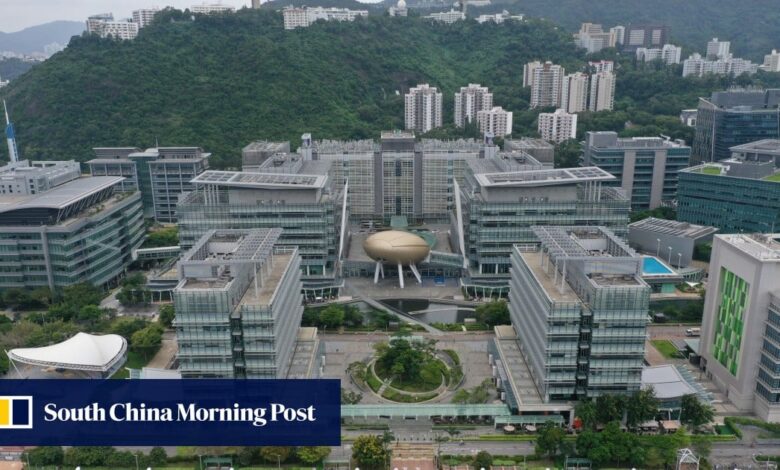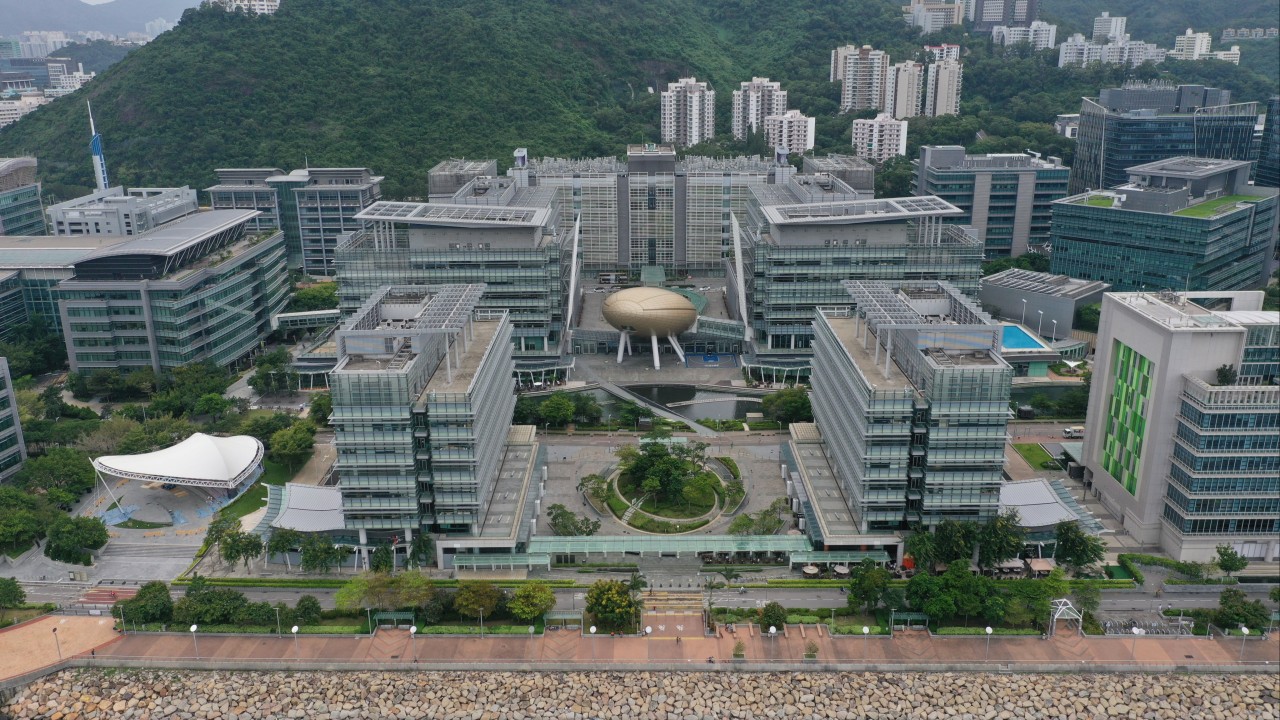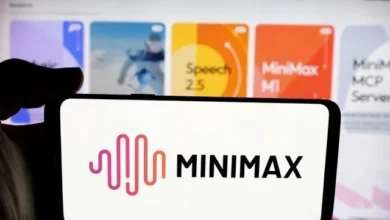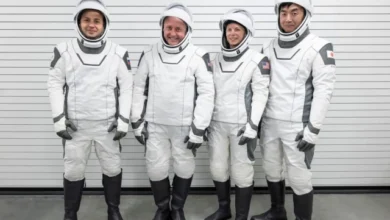Li Ka-shing’s HutchMed sets up first drugs research facility in Hong Kong


HutchMed aims to establish a bigger presence in the city when the first wet laboratories at the much larger Hong Kong-Shenzhen Innovation and Technology Park in Lok Ma Chau, next to the city’s border, are ready for occupation in 2026.
“It will all be success-driven,” he said. “In Shanghai, we have over 200 scientists working on drug discovery. If successful here, we could grow our Hong Kong operations much larger.”
Scientists at HutchMed’s Hong Kong facility will work together with university researchers to “translate” preclinical results into clinical trials.
This involves isolating cells from human tissues, including those extracted from cancer patients, to search for potential drug molecules that can destroy or inhibit the growth of cancerous cells.
“We are also interested in finding out what has changed genetically in tumour cells before and after treatment,” Su said. “This will provide helpful insights as to why patients over time become unresponsive to treatment.”
HutchMed will tap into HKSTP facilities and services, including a drug safety testing centre, genetic sequencing equipment and facilities for processing, storing and distributing biospecimens. The company will be charged for these services on a usage basis.
In the longer term, HutchMed hopes to tap into the “borderless” advantages at the Lok Ma Chau innovation park. HutchMed is among the 60 firms that have expressed an interest to establish a presence there.
Restrictions, including customs and immigration controls, on cross-border movement of clinical trial samples are to be lifted for the zone, he noted while adding that such a waiver was critical.
“Currently, moving patient samples across the border is possible but inefficient,” Su said. “While waiting for clearance, some samples may degrade.”
Hong Kong, UK and US-listed HutchMed is 38.2 per cent-owned by CK Hutchison, Li’s flagship conglomerate.
On Wednesday, it reported a net profit of US$25.8 million in the year’s first half, down from US$168.6 million in the year ago period.
First-half revenue fell 43 per cent year-on-year to US$305.7 million, as the bulk of US$435 million of initial and milestone drug commercialisation licensing payments on the Fruquintinib colorectal drug it discovered was received from Japan-based commercialisation partner Takeda Pharmaceutical last year. Only a small portion was booked this year.
Revenues derived from the sales of oncology products – including royalty income from licensing partners – grew 59 per cent to US$127.8 million.
US sales of Fruquintinib, launched by Takeda after its approval in November, amounted to US$130.5 million in the first six months of the year. In mainland China where the drug was approved in 2018, US$61 million of sales was achieved by marketing partner Eli Lily, up 13 per cent year-on-year.
Su expected the drug to gain approval in Japan, Canada, the UK and Singapore soon. In January, it became the first drug approved under the Hong Kong government’s new drugs registration system. The mechanism allows drugs beneficial for treating life-threatening or severely debilitating diseases to apply for approval for use, even if they have been approved by only one reference drug regulatory authority, instead of the two approvals required for other drugs.
“Hopefully, we will see more Hong Kong approvals given to more therapies discovered in mainland China and approved initially there,” Su said.
For the whole year, HutchMed reiterated its projection that oncology and immunology therapies revenue would amount to US$300 million to US$400 million, compared with last year’s US$528.6 million.
Source link



